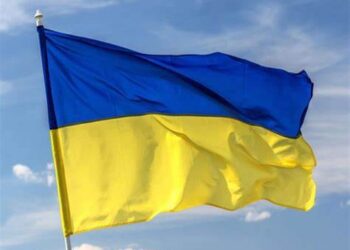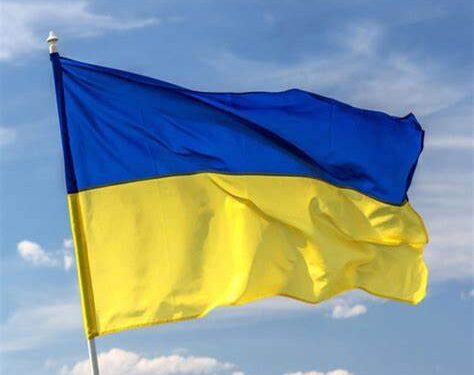Private Sector business conditions continued on a growth trajectory in December 2020, ending the year with a Purchasing Manager’s Index (PMI) of 50.3 above the 50.0 no-change mark, albeit slightly lower than the PMI in November which recorded an index of 52.5.
According to IHS Markit Ghana, during the period, the sector saw a decline in new orders as some firms experienced a decline in economic activity due to the elections. It was also characterized by series of reports of material shortages which led to the disruption in private sector activities, delays in delivery of inputs, rising backlogs of work and higher input prices.
“Although PMI data showed growth slowing in Ghana’s private sector in December, atleast part of this easing can be attributed to a pause in activity due to the elections during the month—Andrew Hacker, Director of Economics, IHS Markit.

Nonetheless, rate of job creation soared to a ten-month high. To a large extent, the further increase in employment sustained output levels above the no-change mark, with some firms noting that previously vacant positions were now filled. Staffing levels also picked up modestly. Also, some firms reported an increase in customer demand during the month.
Despite further hiring, the amount of backlog of works registered amid difficulties in securing materials weighed heavily on companies. A large section of panelists interviewed indicated that, the supply of maize, in particular was very difficult to secure during the period.
Based on the complexities faced by businesses, overall output prices increased, rising at the fastest rate in four months, with inflation rates for purchase prices and staff costs increasing in the month.
Along these lines, Andrew Harker, economics director at IHS Markit, commented that: “Access to material remained an issue at the end of the year, with maize often mentioned as being hard to acquire. This has started to lead to stronger inflationary pressures, with both purchase costs and output prices rising at the sharpest rates for over a year-and-a-half.”
According to IHS Markit Ghana findings, staff costs increased at the fastest pace seen over the course of 2020, although the rate of inflation was still only modest. Purchase Prices also rose sharply to such a high level since July 2019. Again, material shortages were behind the increase in the rise in purchase costs, alongside currency weakness.
In comparison, there is a lot of semblance in the key findings observed in December with those of November, with the exception of the decline in new orders and activity which was so, partly due to the elections.
Aside these, businesses were optimistic that 2021 would make up an improved business environment. Thus, more than half of respondents who partook in the survey predicted a rise in economic activity in 2021.
These sentiments are not new, businesses surveyed in the November round also showed high hopes for 2021. Andrew Hacker commented as follows: “The latest PMI data points to a sustained recovery in Ghana’s private sector, with the economy on course to end a difficult year in positive fashion, and added that, “Hopes are also high heading into 2021, with companies generally expecting the COVID-19 pandemic to become a thing of the past.”
READ ALSO: PMI edges down to 52.5 in November




















